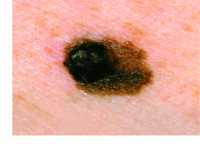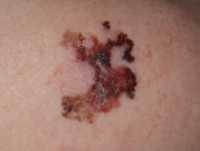Author Interviews, Cancer Research, Dermatology, Race/Ethnic Diversity / 18.10.2022
Hair Straightening Chemicals May Increase Uterine Cancer Risk
MedicalResearch.com Interview with:
Alexandra J. White, PhD, MSPH
Stadtman Investigator
Epidemiology Branch
National Institute of Environmental Health Sciences
National Institutes of Health
Research Triangle Park, NC
MedicalResearch.com: What is the background for this study? What is the chemical primarily used in hair straighteners?
Response: Hair products such as dye and chemical straighteners contain several different chemicals that may act as carcinogens or endocrine disruptors and thus may be important for cancer risk. Straighteners in particular have been found to include chemicals such as phthalates, parabens, cyclosiloxanes and metals and may release formaldehyde when heated. Previous research has suggested that hair dye and chemical straighteners are related to other hormone-sensitive cancers such as breast and ovarian cancer, but no previous study has considered how they are related to uterine cancer risk.
(more…)































 MedicalResearch.com: What is the mission of
MedicalResearch.com: What is the mission of